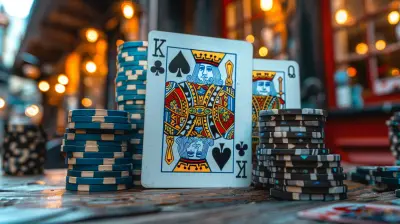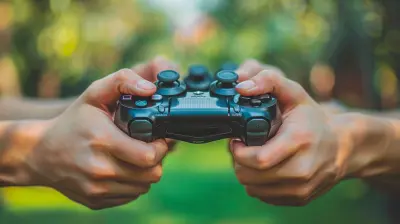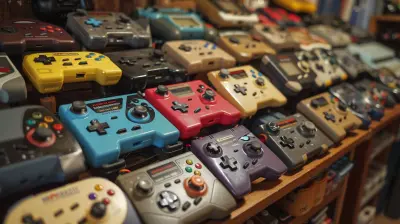The Role of Teamwork in Partnership Card Games
19 July 2025
When you think about card games, you probably picture a group of friends gathered around a table, laughing, bluffing, and trying to outplay each other. But what happens when your goal isn't to beat everyone else at the table... but to work with someone to win together? That's where partnership card games come in, and let me tell you—teamwork changes everything.
Let’s dive into the fascinating world of partnership card games and break down just how crucial teamwork is. Whether you're a seasoned player or just starting out, understanding the role of cooperation, communication (even the silent kind), and strategy is key to dominating the table.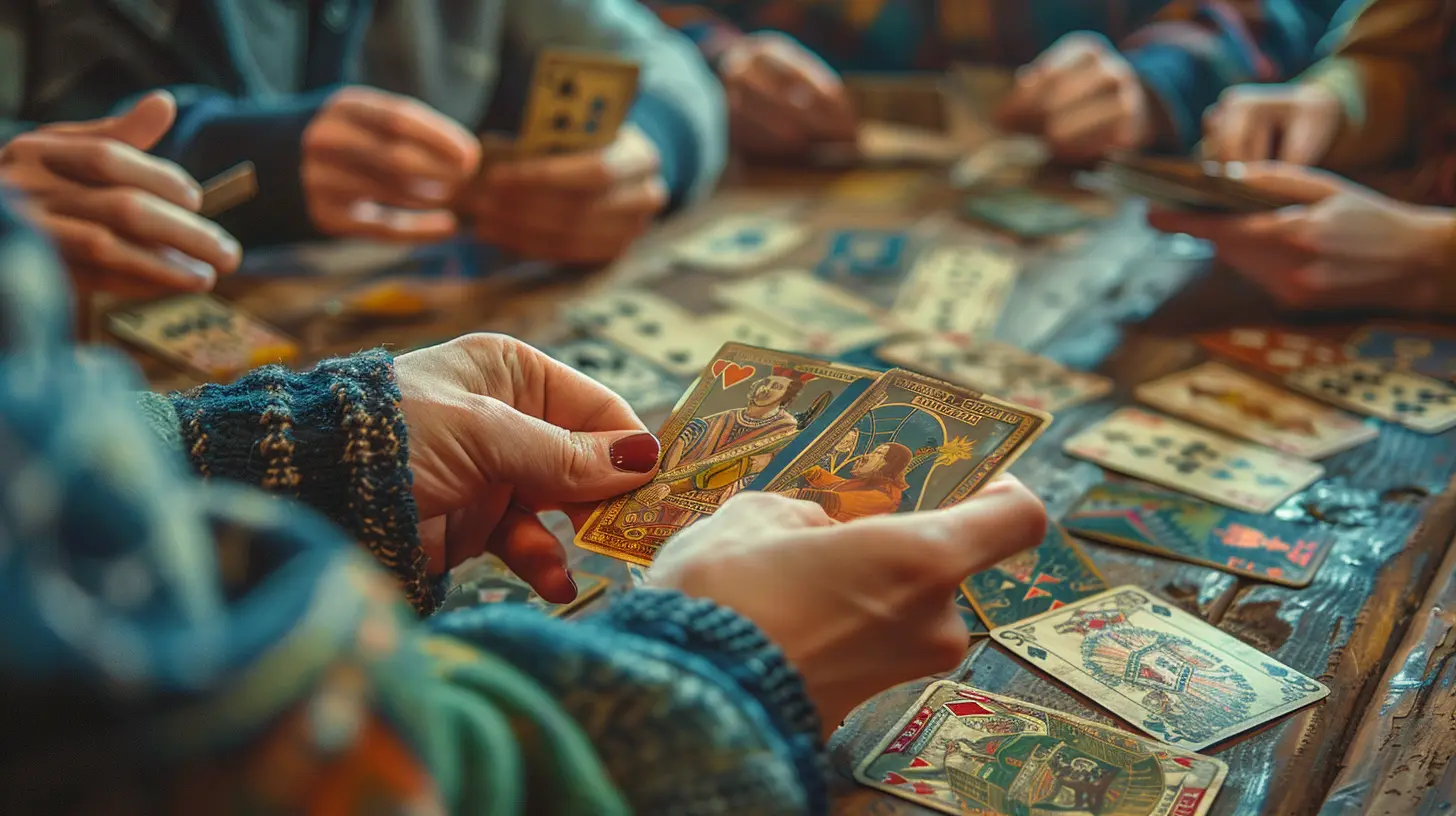
What Are Partnership Card Games?
Before we talk about teamwork, let's get on the same page. Partnership card games are games where players pair up into teams—usually two teams of two players each. The goal? Collaborate with your partner to defeat the opposing team.Some of the most popular partnership card games include:
- Bridge (a classic, full of strategy and subtlety)
- Spades
- Euchre
- Pinochle
- Hearts (sometimes played in teams)
- Canasta
Each of these games has its own rules and quirks, but the underlying principle stays the same: trust and teamwork lead to victory.
Why Teamwork Makes or Breaks the Game
Let’s be honest—if you try to solo a partnership game, you're going to lose. Why? Because these games are designed with synergy in mind. It's like trying to win a three-legged race by dragging your teammate along—you’ll fall flat.Shared Goals, Shared Victory
When you're playing for a team win, your mindset shifts. You’re no longer trying just to win tricks or rack up points; you’re doing it together. Every card you play isn’t just about what’s best for you, it’s about what’s best for the team.The Silent Language of Strategy
Most partnership card games don't allow open talking between partners about your hands, so you’ve got to get creative. Over time, partners develop an almost telepathic ability to understand each other based on:- The cards they play
- Their bidding strategies
- The timing of their moves
It's like developing your own secret code—without saying a single word.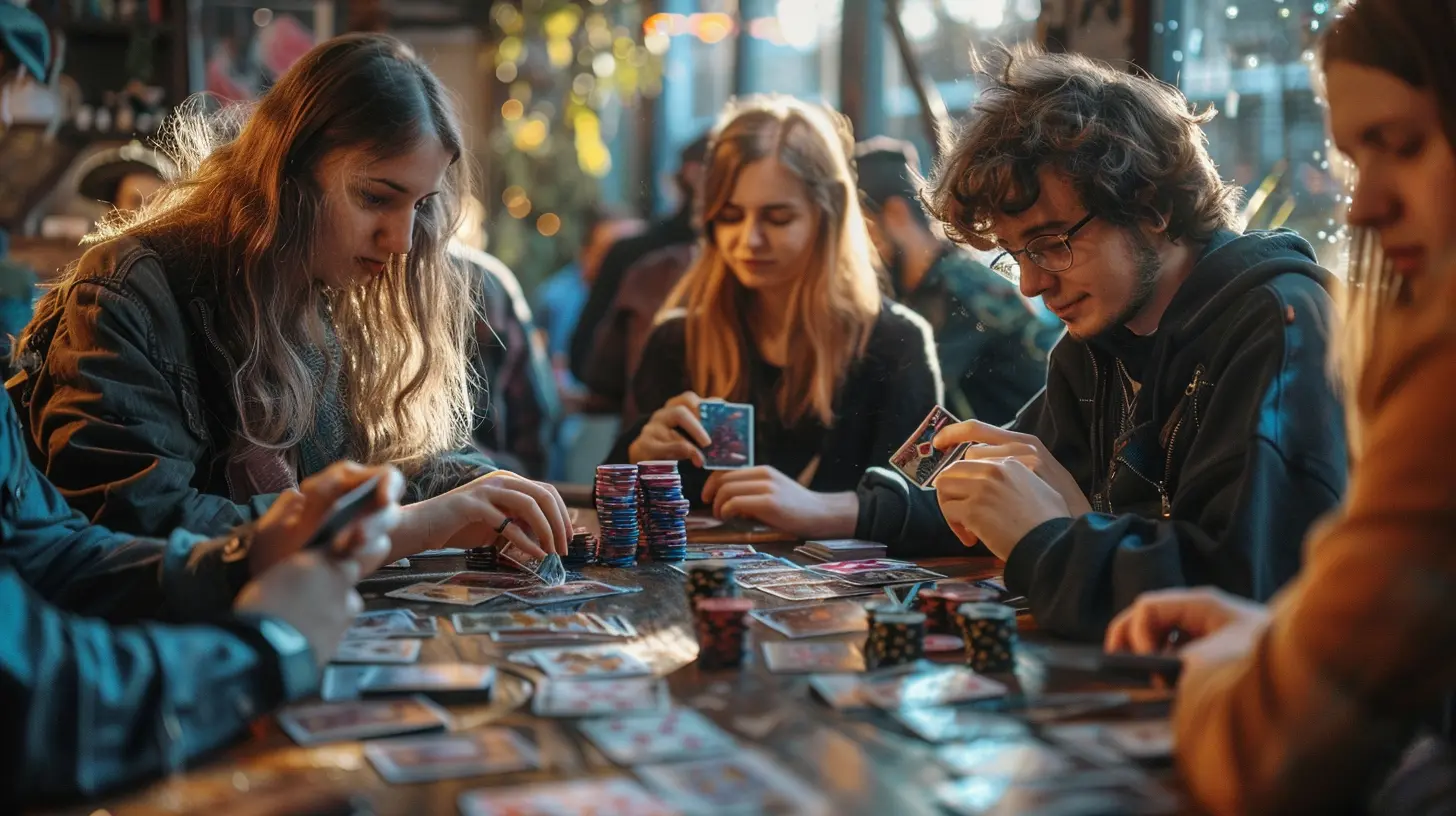
Communication Without Speaking: Say What?
Yep, communication is essential, even if you can’t actually talk about your hand. In fact, that’s one of the most exciting parts of partnership card games—finding non-verbal ways to sync up with your teammate.Bidding Tells a Story
In games like Bridge or Spades, bidding isn’t just a way to start the game—it’s how you share information. A high bid can signal strength, while a conservative one might say, “Hey, let’s play it safe.” Learning these subtle cues takes practice, but it’s a vital part of team strategy.Playing the Signals
There's also something called "card signals." No, we’re not talking about winking or tapping your foot under the table. These are legit, in-game plays that seasoned players use to communicate. For example:- Leading a low card in a suit might indicate you’re weak in that suit.
- Playing a specific card might show you want a certain suit returned.
It’s like jazz musicians improvising—they know the tune, and they riff off each other to create something beautiful.
Trust: The Glue That Holds It Together
Picture this: Your partner takes a wild gamble, and you have no clue why. You could panic... or you could trust.In partnership card games, you have to believe in each other. This doesn’t mean never questioning a move, but it does mean sticking to a team-first approach. If you and your partner are constantly second-guessing each other, you’re not going to win many games.
Solid partnerships are built on:
- Experience playing together
- Understanding each other’s playing style
- Mutual respect
It’s like a dance—you’ve got to anticipate one another’s moves and trust that they’ve got your back.
Strategy: It’s Not Just What You Play, It’s When You Play
Teamwork in these games goes far beyond “play a good card.” It’s about timing, setting each other up, and thinking two, three, or even four moves ahead—not just in your own hand, but in relation to your partner’s.Setting Up Your Partner
Sometimes the best move isn’t the biggest. Maybe you’ve got a strong hand, but you hold back to let your teammate take the lead. Or maybe you sacrifice a trick to put your partner in a better position. Strategic sacrifice can be the difference between a narrow loss and a sweeping victory.Defense Is a Team Sport Too
A lot of players focus only on attacking and forget that defense can win games too. When you're defending, you're often reacting to the leading team—but with the right teamwork, you can turn the tables. It’s all about covering your partner’s weaknesses and making smart card choices that block your opponents.Chemistry Counts: Great Partners Make Great Teams
Let’s face it—not every pairing is a match made in card-playing heaven. Just like in life, some people click and some people clash.A good partner is someone you can rely on, have fun with, and strategize effectively with. Over time, you develop chemistry—those little intuitive reads where one glance or play tells you exactly what your partner is thinking.
How to Be a Great Teammate
Want your partner to love teaming up with you? Here’s what you need to bring to the table (pun intended):- Patience - Not everyone plays the same way, and mistakes happen.
- Positivity - Don’t be the sore loser or the know-it-all.
- Willingness to Learn - Every game is a chance to improve your synergy.
- Adaptability - Change your strategy based on your partner’s style.
Being a good partner isn't just about shuffling and dealing—it's about doubling down on cooperation.
The Social Side: Building Friendships Through Cards
Here’s the bonus that comes with all that teamwork—you build real connections. People bond over shared victories (and hilarious defeats), and that makes partnership card games more than just a pastime.Whether you're playing online with a buddy halfway across the world or at the kitchen table with your best friend, these games create a sense of camaraderie that’s tough to beat.
And guess what? That kind of bond makes your in-game partnership even stronger. When you trust someone as a friend, you trust them more as a teammate.
Mistakes Happen: Learn Together, Win Together
Let’s be honest—sometimes, even with perfect team play, things go sideways. You might misread a signal, or your partner might underbid. It’s part of the game. The key is learning, not blaming.Use those slip-ups as fuel for growth. Talk (after the game!) about what went wrong and how you can adjust. The best partnerships aren’t perfect ones—they’re the ones that get better with time.
Final Thoughts: Why Teamwork Takes the Game to the Next Level
At the end of the day, partnership card games are about more than just the cards. They’re about building a rhythm with another person. They’re about unspoken signals, shared strategies, silent triumphs, and—yes—sometimes even epic fails.But here's the kicker—when you and your partner truly click, it's magic. You’re no longer two players; you’re a well-oiled card-playing machine. And in that moment, you realize that teamwork didn’t just help you win... it made the game way more fun.
So next time you sit down to play a game of Spades or Bridge, remember: it’s not about being the hero. It’s about being the teammate your partner can count on.
Because in partnership card games, it’s not “me vs. you”—it’s “us vs. them.” And “us” wins a whole lot more when we work together.
all images in this post were generated using AI tools
Category:
Card GamesAuthor:

Brianna Reyes
Discussion
rate this article
1 comments
Sage Black
In partnership card games, teamwork transcends mere strategy; it's a dance of intuition and communication. Each card played is not just a move, but a reflection of trust and shared intent. This synergy transforms the game, illustrating that collaboration can elevate individual skill into collective mastery.
August 2, 2025 at 3:51 PM

Brianna Reyes
Thank you for highlighting the essence of teamwork in partnership card games. Indeed, the interplay of intuition and trust elevates the experience, showcasing how collaboration can enhance both strategy and enjoyment.
